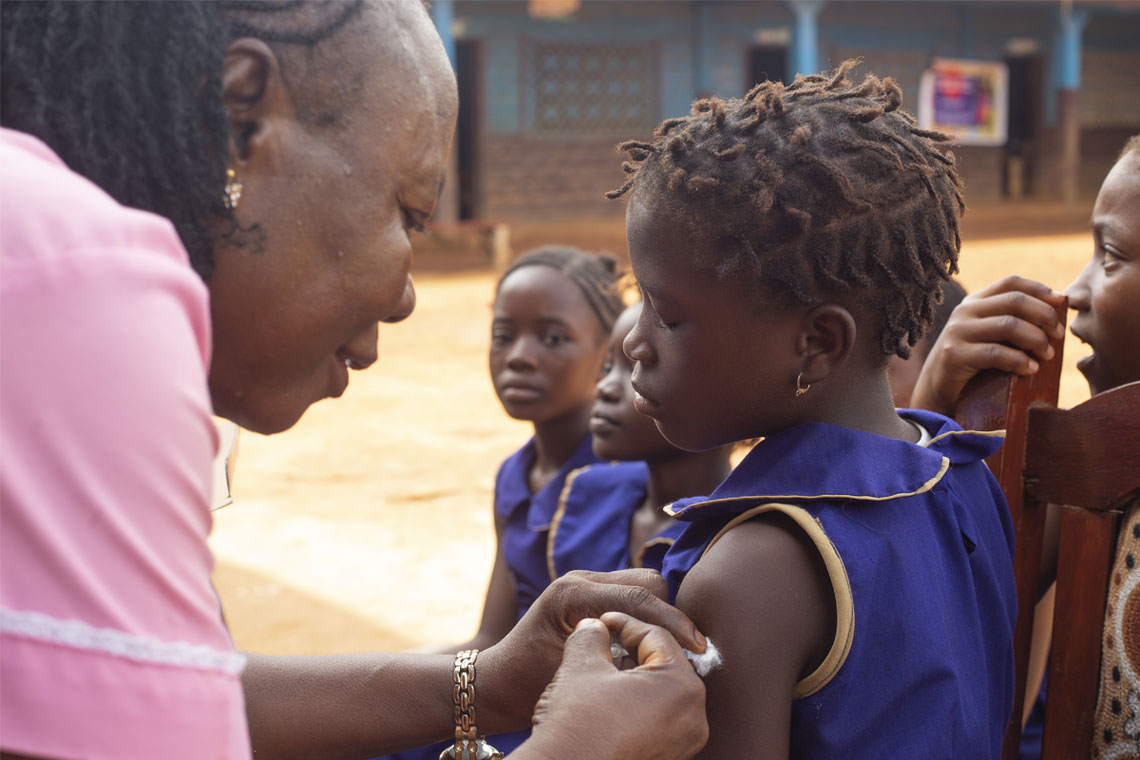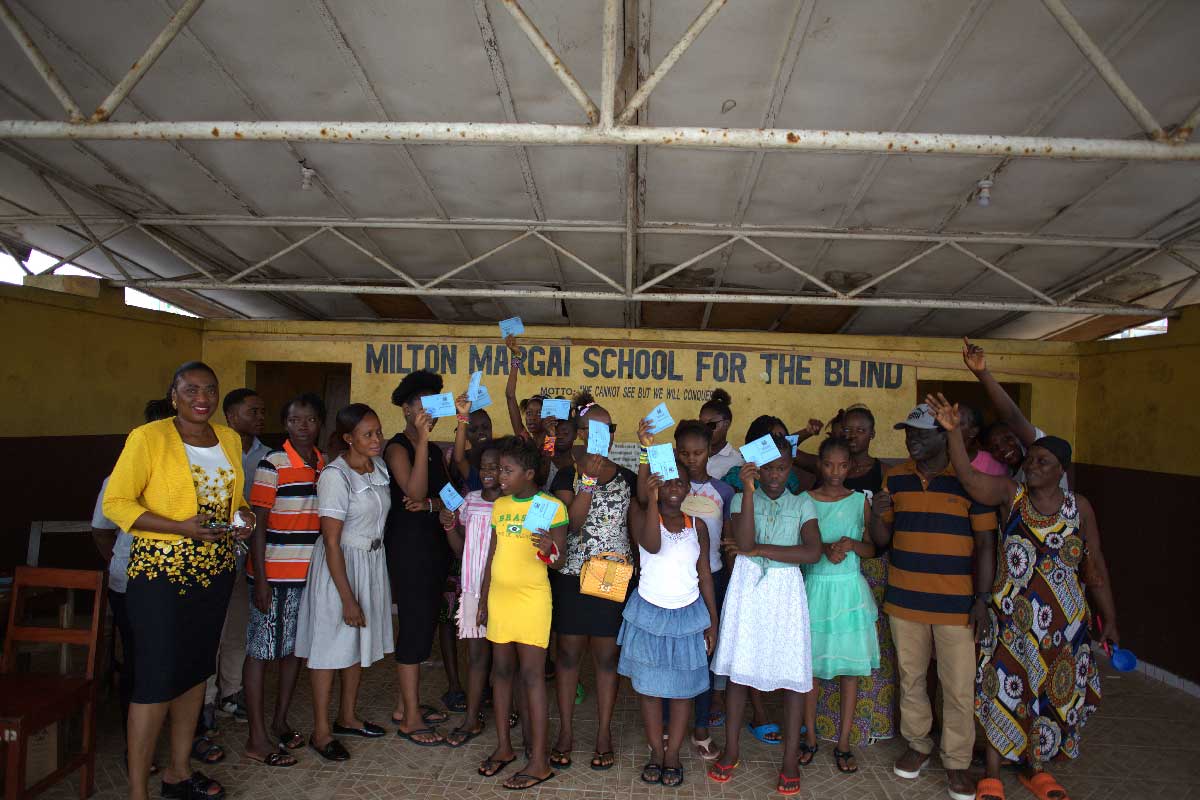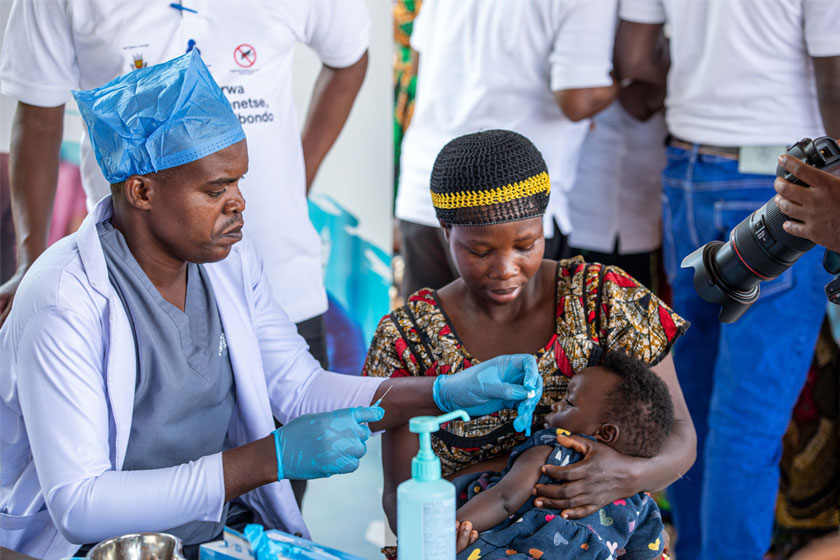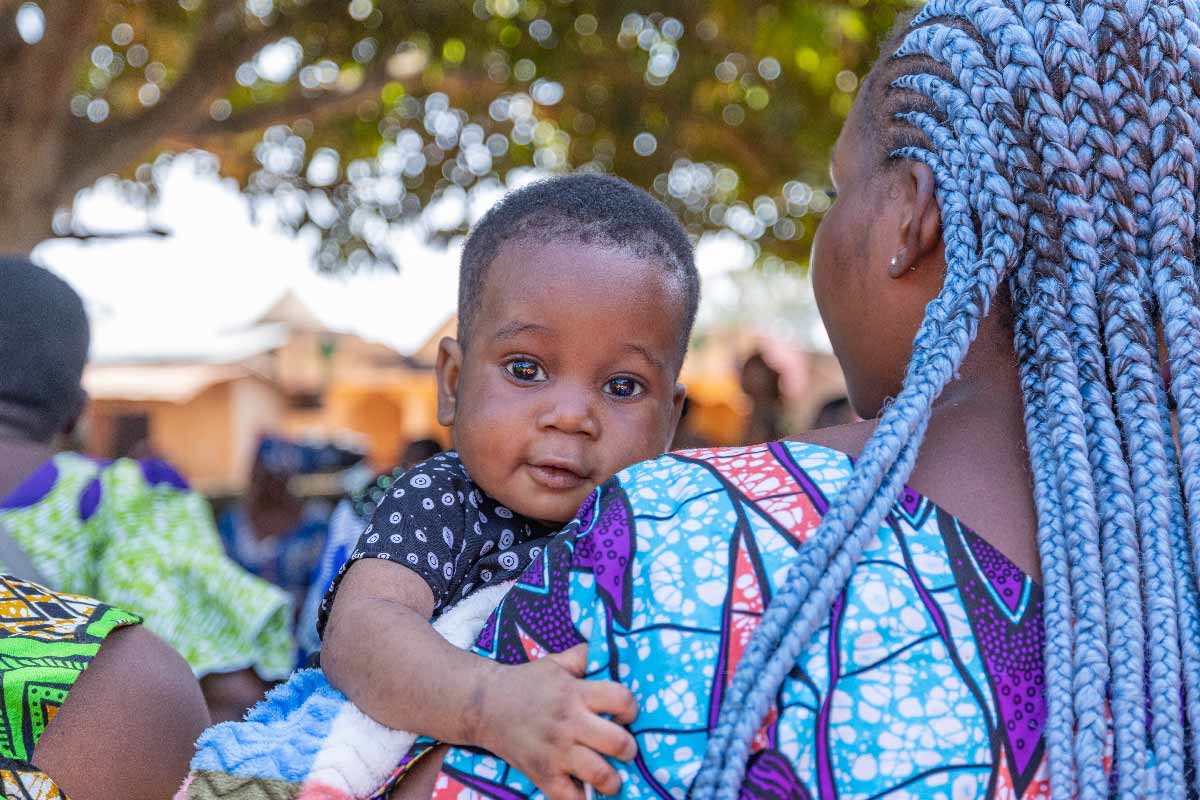“I felt I was in an ice-cube – I was having an out-of-body experience”: Karen Nakawala on her battle with cervical cancer
Zambian broadcaster Karen Nakawala was diagnosed with cervical cancer four years ago. She survived, though many friends she made didn’t. Today she’s on a mission to convince girls across the world to get the HPV vaccine.
- 8 March 2023
- 5 min read
- by Gavi Staff
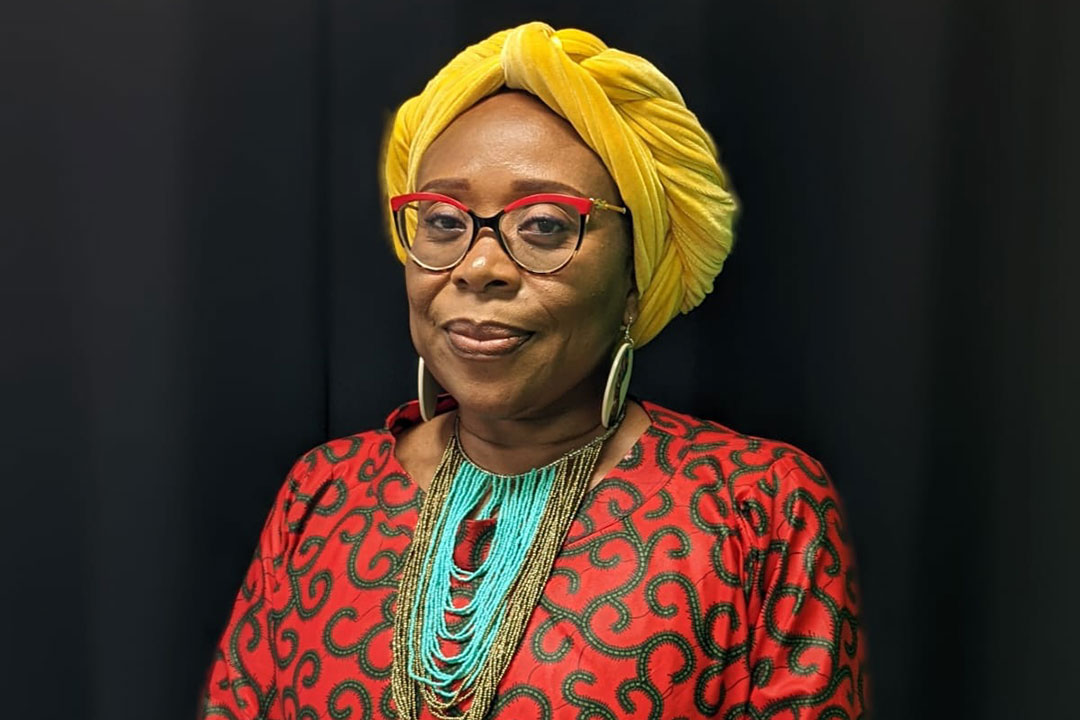
"We’re losing a lot of women unnecessarily," says Karen Nakawala, a Zambian broadcaster and prominent advocate for the fight against cervical cancer.
Each year in Zambia, an estimated almost 2,000 women die of cervical cancer, an overwhelmingly preventable disease.
More than 95% of all cervical cancers are a consequence of infection with the human papillomavirus. The vaccine that prevents HPV – which is therefore capable of preventing almost all cases of cervical cancer – was first introduced into Zambia’s immunisation programme in 2013. In 2019, Zambia rolled out a free, nationwide vaccination programme targeting 14-year-old girls.
And still, in 2020, cervical cancer accounted for 22.9% of the 13,831 new cancers reported in Zambia, and 40.2% of new cancers in women.
It was only after her recovery that Nakawala learned that cervical cancer was vaccine-preventable.
To Nakawala, the lost women aren’t faceless statistics, but women like her – just a little less lucky.
Nakawala’s own cancer was discovered in June 2019, following a routine gynaecological exam. She remembers the moment the diagnosis sank in: “It dawned on me that, you know, this is actually, actually happening. I felt I was in a cube, like in an ice-cube – I was having an out-of-body experience.” For the next three days, she didn’t sleep, dogged by unbidden visions of mourners at her own funeral, of her two motherless children.
The treatment – radiation, chemotherapy and brachytherapy – was “very harsh”, she recalls. Her fellow patients were a comfort. “We sort of formed a sisterhood,” she says. But there were mornings on which one of the group would be unexpectedly absent. “You ask about the other ones – ‘oh no, she died last night’ – and the mood just changes. Everybody thinks: ‘okay, next is going to be me.’”
Have you read?
Instead, by September, Nakawala was "done" and cancer-free. But she’d seen enough in her months as a patient to know that cervical cancer cases were being hidden by a screen of stigma and silence. That was dangerous: later detection means worse prognoses.
She resolved to make use of her public profile, speak up, raise awareness, provide a safe space for cancer patients to talk openly, and urge women to get screened. She began her campaign in 2020. Within a month, she says, her Facebook ‘movement’ had 100,000 engaged followers.
"My daughter is actually the face of our campaign for the HPV vaccine, and she’s pushing to get the vaccine."
Tellingly, it was only after her recovery that Nakawala learned that cervical cancer was vaccine-preventable. She’d been invited by Zambia’s cancer hospital to sit on a committee that was creating health brochures. At a meeting, someone produced a pamphlet about the HPV vaccine. “I remember asking, ‘Okay – how come I haven’t heard about the HPV vaccine?’ And that’s when they told me, ‘No, we’ve been doing it since 2013, but we only give it during Child Health Week.’
"That’s when I started pushing to amplify what the HPV vaccine is," Nakawala says. "As I started learning more about it, I realised that, yes, there was actually light at the end of the tunnel."
Her daughter was nine at the time – eligible, under WHO’s guidelines, for vaccination. But more than two years later, her daughter is still unvaccinated, because budget constraints mean Zambia is currently unable to offer the vaccines to girls younger than 14.
Nakawala hopes that will change. "My daughter is actually the face of our campaign for the HPV vaccine, and she’s pushing to get the vaccine," she says.
"I know that a lot of lives could have been saved. When I look at girls that are 26-year-olds that have cervical cancer, those are the girls who could have been saved by the vaccine."
Eliminating cervical cancer is possible, she knows, but there are many obstacles in the way. Currently, some technically eligible girls miss out because vaccination appointments are only open once or twice a year, she says. "What if I’m not around when the time comes, if I’m not there to consent for my child to receive the vaccine?" she asks.
In some cases, parental decision-making is driven by myths or social pressure instead of health considerations. "Parents will say if I take my child to be vaccinated, people will say that she’s been sleeping around, and she’s naughty," Nakawala explains.
“Our work is cut out for us,” she concedes. It isn’t only the perilous hush around the sexually-linked cancer-causing virus, it’s also “a question of us being able to have [the HPV vaccine] available and accessible and on-demand as well”.
In 2021, just 33% of eligible girls received their HPV vaccines. Nakawala is clearly frustrated about lagging coverage rates. "I think about the young girls that have missed out on the opportunity from the time they brought the vaccine in 2013 until now. I know that a lot of lives could have been saved. When I look at 26-year-olds that have cervical cancer, those are the girls who could have been saved by the vaccine."
